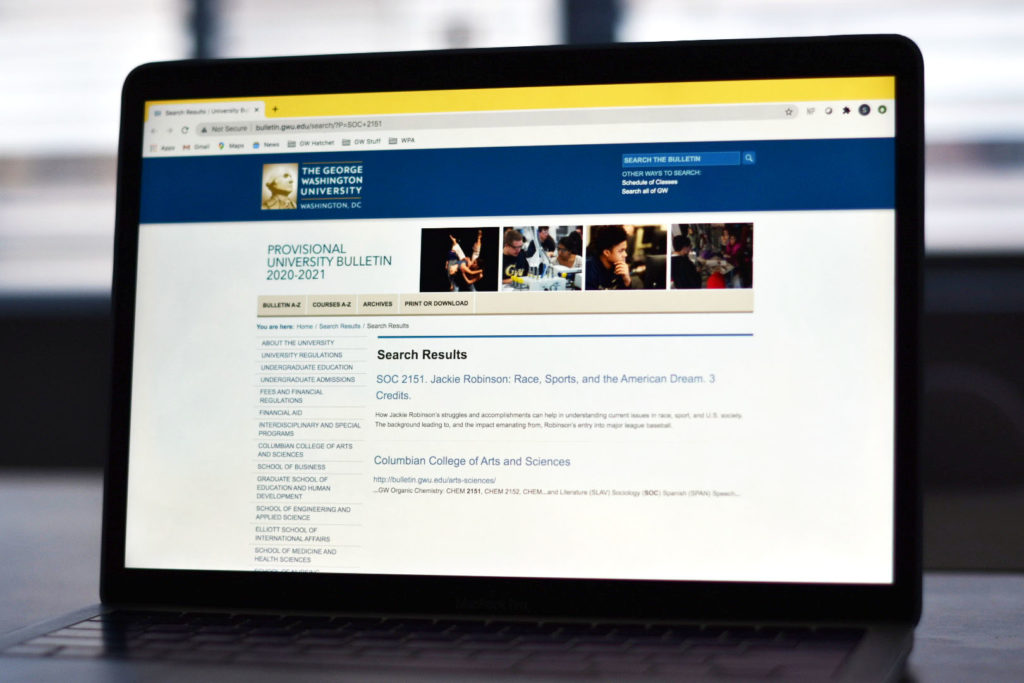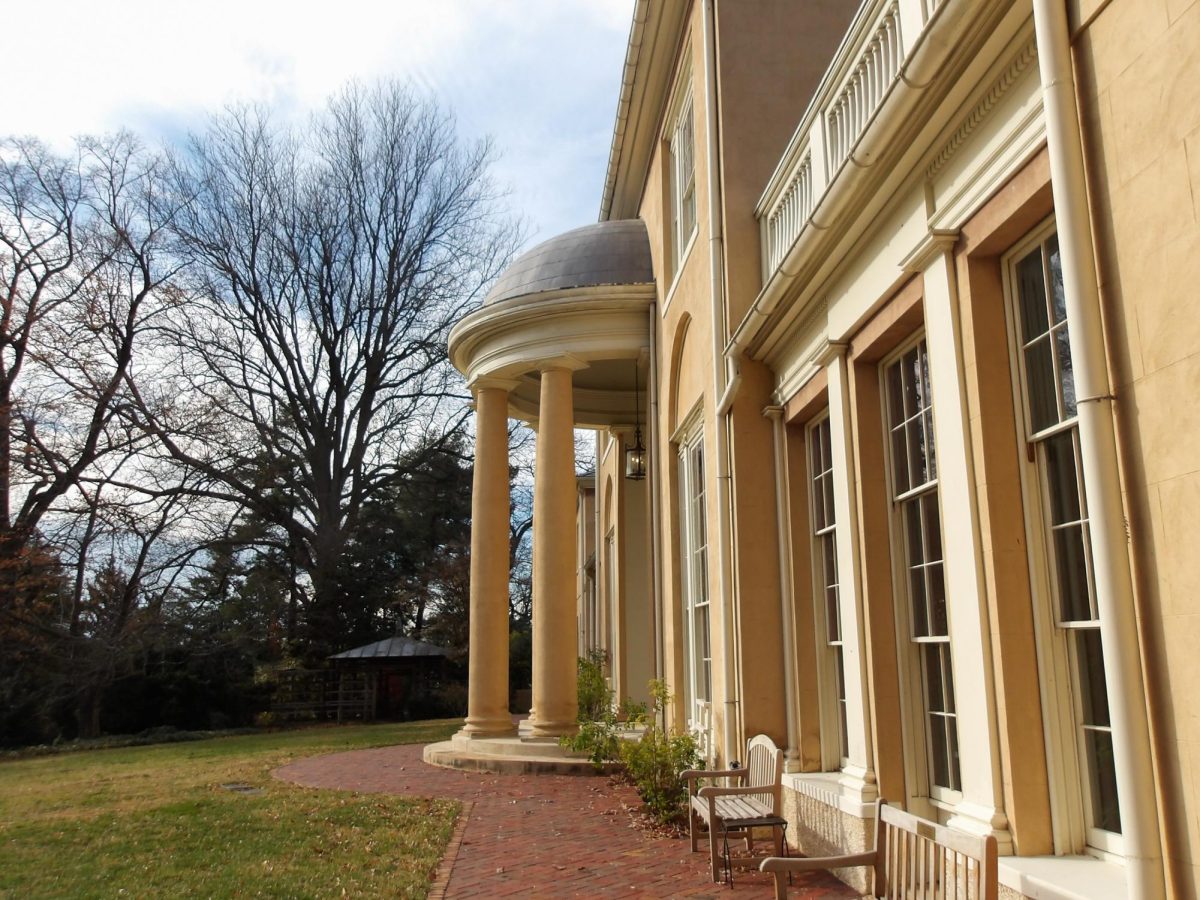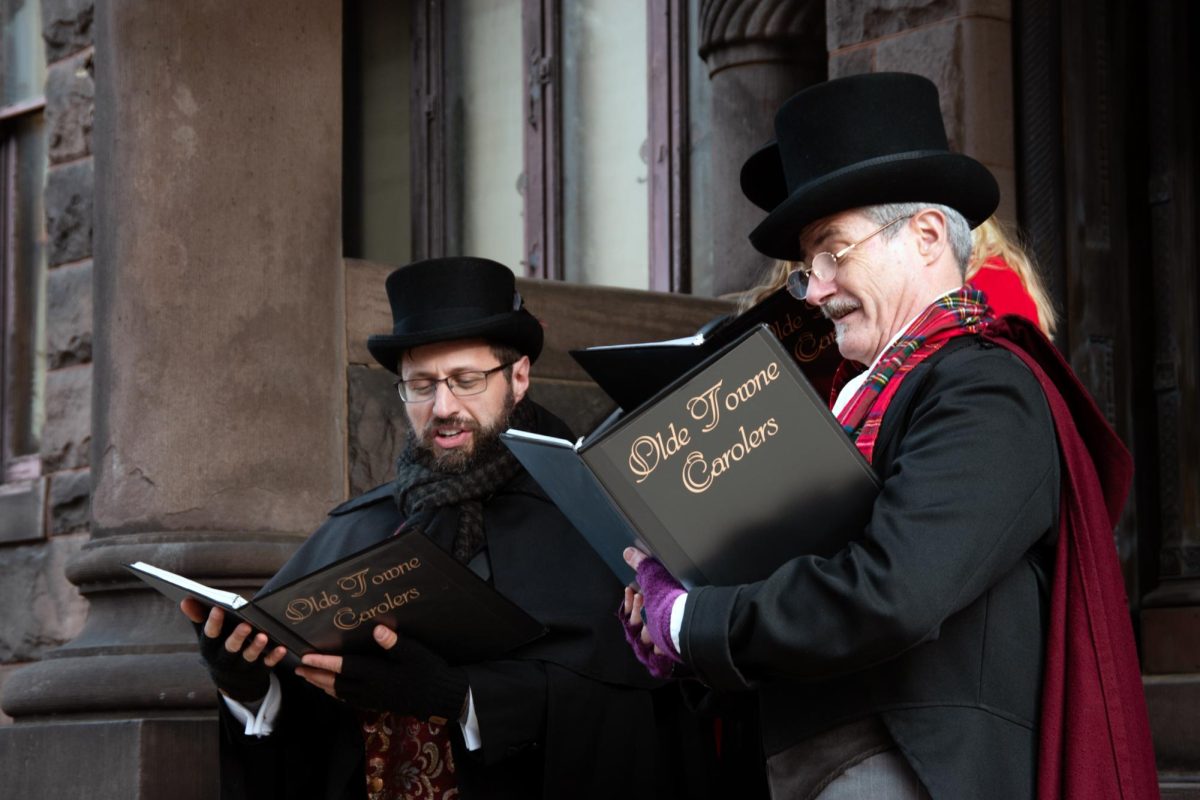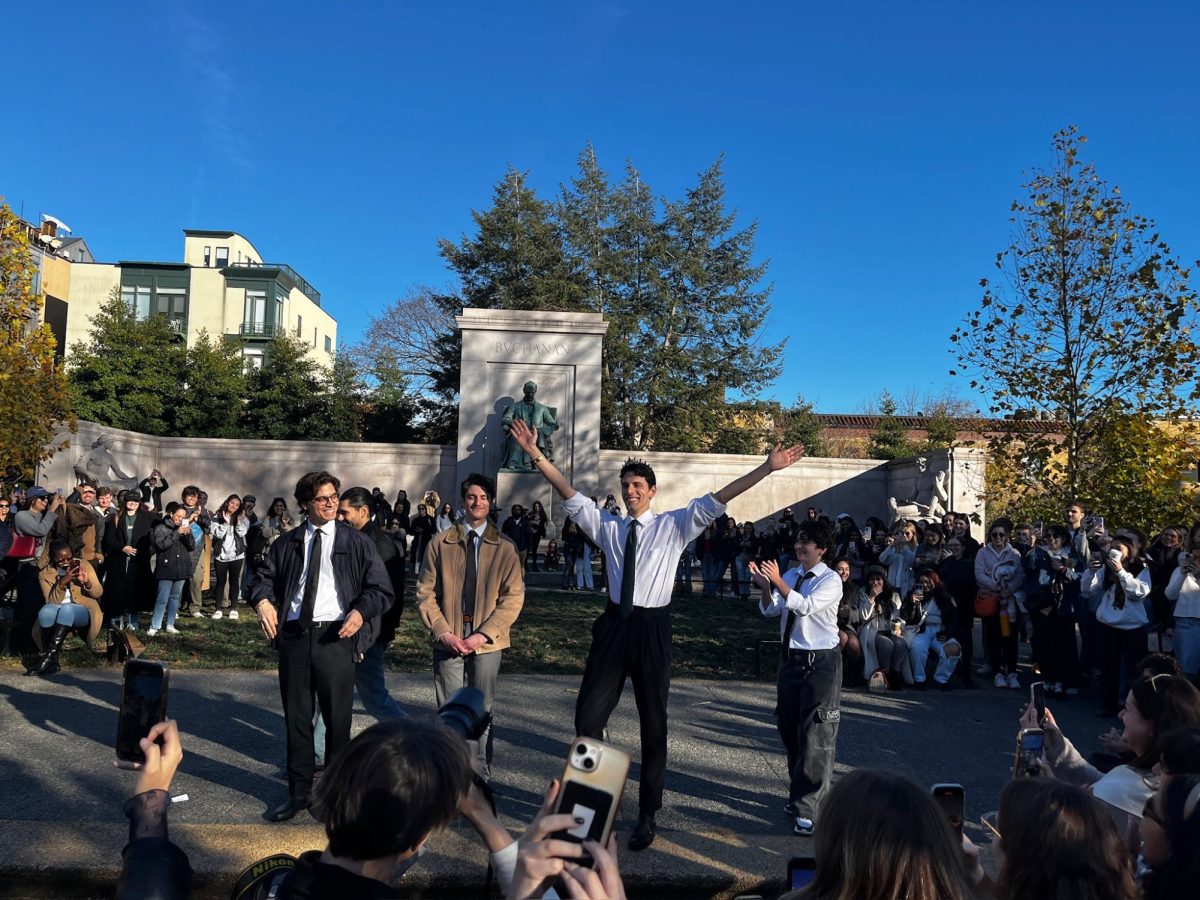Recent instances of police brutality against Black Americans and racial discrimination have sparked an increased awareness of social injustices this summer.
It’s important to be engaged in conversations of injustice both in your personal and academic life, and adding a course that might expand your knowledge of these issues is one way to do it. Enroll in one of these courses this fall or down the line in your academic career to get a deeper and more nuanced understanding of the Black experience in America.
UW 1020: Africa and the African Diaspora
The University Writing Program offers a variety of course topics each year, including Africa and the African Diaspora taught by assistant professor Randi Kristensen. The course explores contemporary Black life in America as it relates to culture, social movements and its roots in African nations while examining Western perspectives of Africa, according to the course description.
AMST 1160: Race, Gender and Law
This course in the American studies department covers the intersectionality of race, gender and law. You can expect discussions on social issues in America, like domestic violence, mass incarceration, sexual assault and racial profiling. The course is not being offered this fall, but look out for it next semester. It would satisfy a critical thinking general education requirement.
AMST 3360: African American History to 1865
Understanding race in America often starts with grasping the Atlantic slave trade, in which European colonizers kidnapped Africans for their own economic gain. This course explores the effects on everyday American culture, the economy and nationality resulting from this phenomenon by exploring African American history from centuries ago to the end of the Civil War in 1865. This course also counts as a critical thinking GPAC requirement.
AMST 4702W: Race, Medicine and Public Health
Race, Medicine and Public Health is taught by Vanessa Northington Gamble, a University professor of medical humanities and the first woman and African American to hold the faculty position. The course delves into the experiences of African Americans in the health care system as both patients and providers, highlighting disparities between race and public health in America.
SOC 1001: Introduction to Sociology
This introductory sociology course explains social issues on both a personal and societal level. You’ll learn how U.S. systems perpetuate structural inequality among different races, genders and socioeconomic groups and why some racial groups can access more job and academic opportunities than others. This course counts as the social science GPAC requirement.
SOC 2146: The Bill of Rights and Criminal Justice
The Bill of Rights set the precedent of American freedom and personal liberty that distinguishes the country from other nations. But its modern interpretation does not guarantee all people are protected equally under the law. This class examines the power of law enforcement and the modern interpretation of these 10 amendments.
SOC 2151: Jackie Robinson: Race, Sports and the American Dream
Jackie Robinson was the first African American baseball player to integrate Major League Baseball in 1947, and as such, became a pioneer for racial justice in sports and beyond. In the sociology course, Jackie Robinson: Race, Sports and the American Dream, you’ll reflect upon his legacy in both sports and fighting racial discrimination.
HSSJ 1100: Introduction to Human Services and Social Justice
The Human Services and Social Justice program combines the fields of psychology, sociology, counseling and education for an interdisciplinary approach to solving social problems. Its introductory course, HSSJ 1100, challenges students to identify social issues in the D.C. community and understand the role of nonprofits and social organizations in American society.








